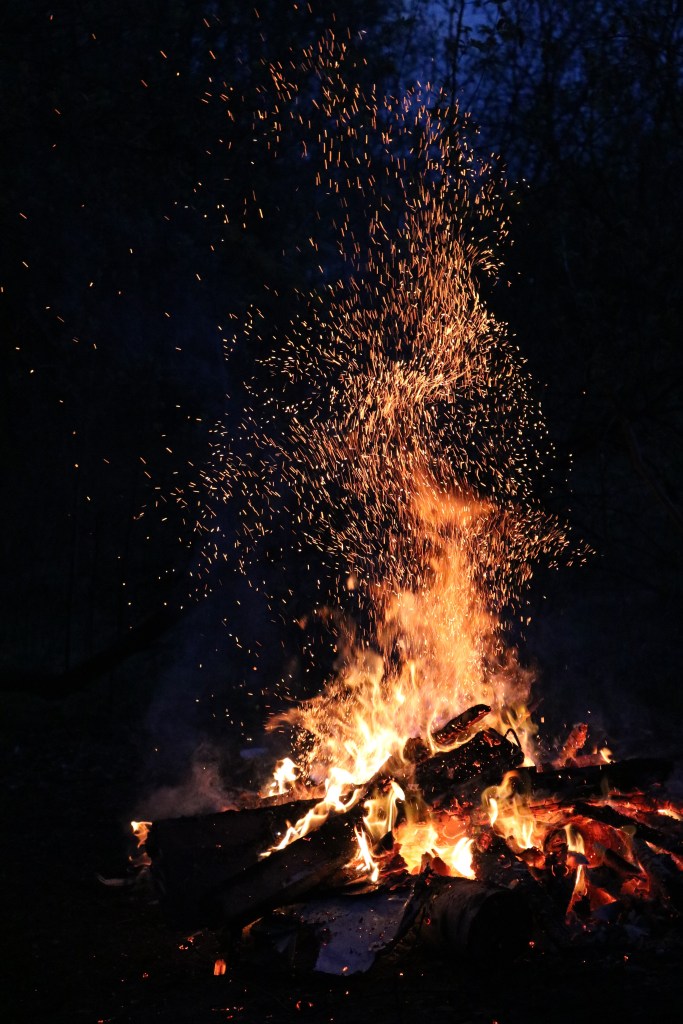19 Oct (R)Evolution 2: A New Approach to Treating Diseases
In my last blog post, I talked about Frances Arnold’s work on the directed evolution of enzymes, which won her half of the Nobel Prize in Chemistry, 2018. The other half of the prize went to George Smith and Sir Gregory Winter for the ...









